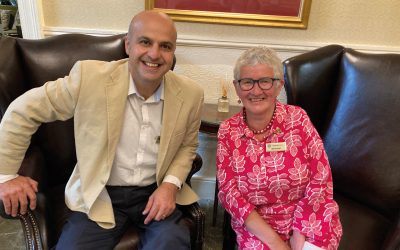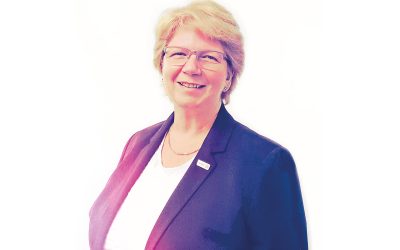Any time you find poliovirus in a previously polio-free area it is of course a concern and, more than anything, it is tragic for the individuals affected and their families.
But programmatically, in terms of achieving a polio-free world such events, more than anything, are a warning of what would happen if we do not eradicate polio. We would see global resurgence of the disease.
Think of what is happening in London, New York, Israel and Ukraine, but remember how far we have progressed from the start of this journey when we recorded 1,000 cases per day.
Listen to this article
From a pure programmatic perspective, our priorities remain eradicating wild poliovirus in Pakistan and Afghanistan and interrupting
transmission in the primary sources of circulating vaccine-derived polioviruses in northern Nigeria, eastern Democratic Republic of Congo, south-central Somalia and northern Yemen.
And here, the news is extremely encouraging. Both countries in fact are treated as a single epidemiological block.
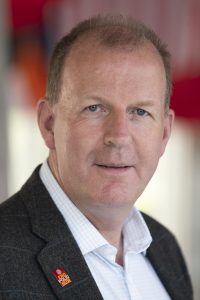

Aidan O’Leary is the Director for Polio Eradication at the World Health Organization.
Pakistan remains from a purely technical point of view the greater challenge, simply by virtue of the fact that it is the larger of the two countries based on population-size – poliovirus is a virus which thrives in larger populations.
Afghanistan had previously already eradicated its wild poliovirus and, to a certain degree, its fate will always be closely tied to Pakistan’s efforts.
In both countries, wild poliovirus transmission has for the past 12 to 24 months been at extremely low levels.
It is, perhaps, the lowest levels we have ever seen.
Pakistan is this year seeing an increase in new cases, but this outbreak is geographically restricted.
And the country, led by the highest political leadership, is intensifying efforts to urgently stop this outbreak, while ring-fencing it in to prevent it from spreading to other areas.
Malawi and Mozambique are continuing to participate in multi-country outbreak response across south-east Africa, significant progress has been made in Nigeria and Somalia, an intensive outbreak is underway in DRC and we are pushing hard for access to protect unvaccinated children in northern Yemen.
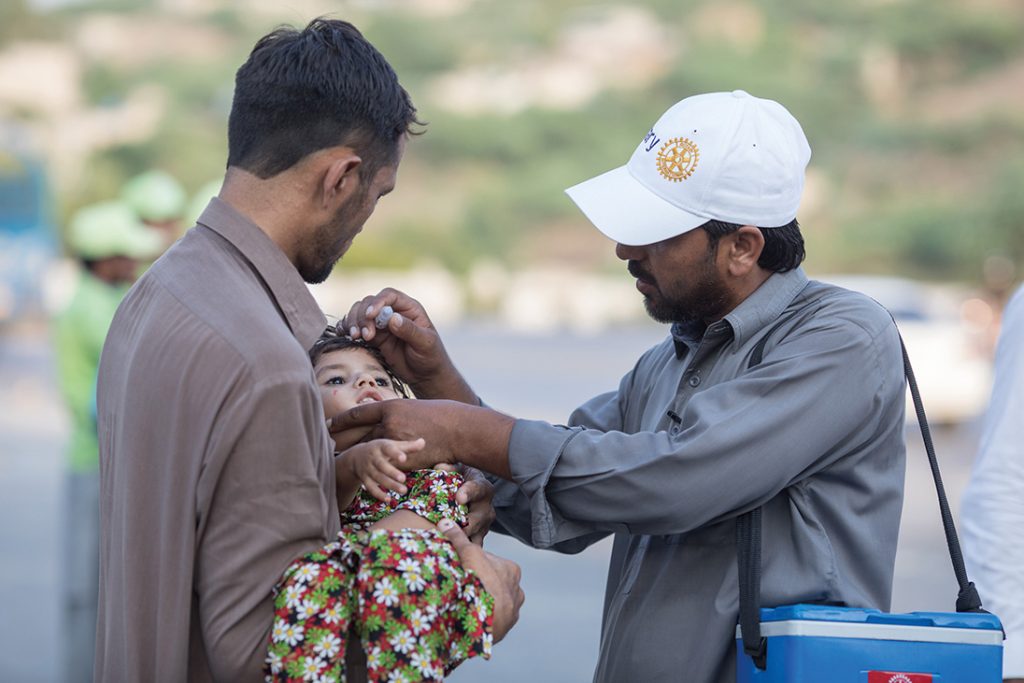

Pakistan is this year seeing an increase in new cases of polio, but this outbreak is geographically restricted.
The reality remains that we now have perhaps the best opportunity ever to finish the job of polio eradication. Or, at the very minimum, to firmly cement the ground-stone to secure lasting success.
We are – for all the Londons, New Yorks, Israels and Ukraines – probably in the best-ever possible situation. We have a unique window of opportunity – but we must use it, because it will not remain open forever.
There is no question that polio can be eradicated.
To achieve success remains a matter of political and societal will: to ensure that the proven eradication strategies are fully implemented, and fully resourced.
If those two things come together, success will follow.
Over the next 12 months, the overriding priority is to find and vaccinate all remaining zero-dose children in Pakistan and Afghanistan, to eradicate all remaining endemic strains of wild poliovirus transmission.”
It is our ‘choice’ whether we choose to eradicate polio, or not. And there is nothing more equitable, and sustainable, than the eradication of a disease.
Ali Maalin was the last human smallpox case in the world, in 1977 in Somalia. Three years later, the world was certified as free of smallpox, in 1980.
In the 77 years preceding Ali Maalin, just in the 20th century alone, smallpox caused over 500 million deaths.
Those are more deaths than were caused by all wars fought throughout human history – including the two Great Wars. But thanks to the smallpox eradication effort, there has never been again after Ali another person infected – or died – as a result of smallpox.
It is an incredible achievement, and one we are working to ensure will happen with polio: that no child will ever again be paralysed anywhere by any poliovirus.
There are many challenges in the world, many diseases, including of course COVID. But we have the perhaps once-in-our lifetime opportunity to give the world one less infectious disease to worry about once and for all.
And it is our choice whether we achieve this or not. Let us make the right choice.
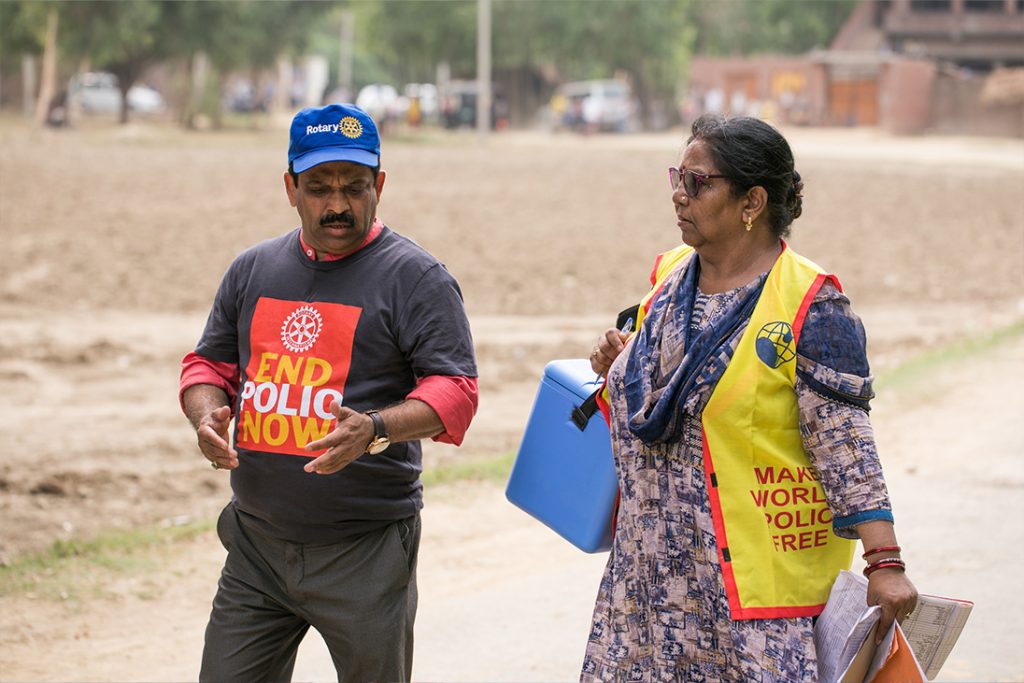

It is an incredible achievement, and one we are working to ensure will happen with polio: that no child will ever again be paralysed anywhere by any poliovirus.
Over the next 12 months, the overriding priority is to find and vaccinate all remaining zero-dose children in Pakistan and Afghanistan, to eradicate all remaining endemic strains of wild poliovirus transmission.
This will set the ground-stone for all other successes.
At the same time, we must continue our efforts to interrupt transmission in the primary sources of circulating vaccine-derived polioviruses in northern Nigeria, eastern DRC, south-central Somalia and northern Yemen and continue to manage the events described earlier in London, New York, Israel, Ukraine and elsewhere.
That is, in a nutshell, the overriding priority programmatically.
This is then coupled with our financial priority: Rotary and Rotarians are incredibly active and engaged and generous. It is critical that the public sector follows your lead.
We urge all countries to come to Berlin to the global pledging moment, and together recommit to ensuring the necessary resources to achieving success are mobilised.
Read the full interview with Aidan O’Leary.










